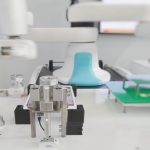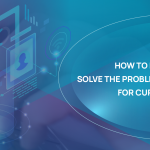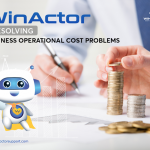In the 4.0 revolution, people have invented many technological products of great significance to humanity. One of them is Robotic Process Automation and Artificial Intelligence. Nowadays, many of us confuse the two concepts of AI and RPA.
However, not everyone knows the difference between RPA and AI. The following article will help you distinguish between RPA and AI.
What is RPA?
RPA’s full name is Robotic Process Automation. This software robot is used to simulate human interactions on graphical user interfaces between different systems. The robot will remember the process that the human has preset. Then RPA does the same thing over and over again with absolute precision.
RPA classification according to operability
Currently, RPA is divided into 2 main types: Attended RPA and Unattended RPA. So what’s the difference? These two have different abilities to handle work on objects.
Attended RPA works permanently on one server. For this type of robot, the user can operate in parallel with Attended and self-start by certain user actions on the computer.
If Attended only works on one server, Unattended works on a large server without human intervention. This type of technological robot can automatically gather, analyze and retrieve huge volumes of data with absolute precision.
What is AI?
Artificial Intelligence (AI) is a branch of computer science. Humans create AI intending to help computers to automate intelligent behaviors like humans.
AI is divided into four main categories:
- AI technology with limited memory: The first category can accumulate, using the experience to make future decisions. AI technology is often combined with ambient sensors to judge and make the most accurate decisions.
- Reactive AI technology: Artificial intelligence has the ability to analyze the data, the most likely moves of the opponent, and itself to come up with the most effective solution.
- Theory of artificial intelligence: For this technology, AI can learn, think and apply the learned knowledge to a specific job.
- Self-aware AI technology: This intelligent technology can be self-aware, conscious, and behave like a human. In addition, it can also express emotions and understand human emotions.
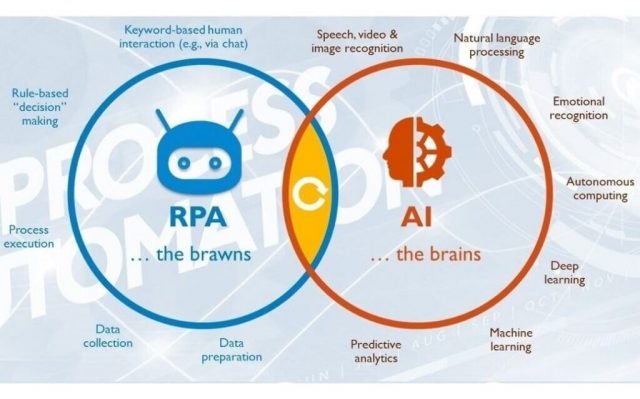
Difference between RPA and AI
RPA and AI are both different in nature, purpose, and purpose of use.
1. Working principle
Robotic Process Automation is a software robot used to solve pre-programmed tasks by humans. In addition, RPA is considered a software assistant and is not self-taught. When programmed by humans, technological robots will memorize and manipulate repeatedly with absolute precision.
Meanwhile, Artificial Intelligence simulates intelligent behavior that integrates with machines to be able to adapt to a specific environment. AI has emotions and understands human language. It has the ability to self-study and acquire knowledge. In addition, artificial intelligence can create and handle situations as intelligently as humans.
2. Scope of application of RPA and AI
Currently, RPA is commonly used in businesses. The software robot acts as an office worker specializing in handling desk jobs: data entry, invoice processing, quantity table management,… Robotic Process Automation also helps relieve pressure on employees and increase working productivity. Specifically, a technological robot can work twice as fast as a human with extreme accuracy.
Artificial intelligence is widely applied in many different fields. Because AI has the ability to learn knowledge, it can do many jobs such as virtual assistants, self-driving cars, and facial recognition. In addition, AI can also do the work that RPA is doing.
3. Uses
RPA technology robot is a type of robot that automates business processes. RPA is governed by business logic and structured inputs to automate repetitive actions. The central purpose of Robotic Process Automation is to solve repetitive tasks according to a certain process. Robots will help us avoid wasting time on the effort.
AI is a broad term that covers many technologies, including RPA. AI aims to create technologies that allow machines to act like a human. Since then, artificial intelligence will help people develop dramatically in the future in many different fields.
Which is best for your organization?
Every technology is born with its purpose. Depending on the needs of users, we should consider choosing between AI and RPA.
For office work such as processing orders, aggregating information, etc., the use of RPA is the most optimal solution.
Here are some reasons you should choose RPA over AI for office jobs:
- User-friendly software interface, easy to use. The simple setup process, no programming knowledge required.
- Can be managed remotely, real-time monitoring.
- RPA user interaction through chatbot, highly secure and hidden in PC
- Save labor cost and working time 3 times than human
- Software robot with absolute accuracy
- RPA has good data storage and processing capabilities
Artificial intelligence is applied in more fields than RPA. This modern technology applies to jobs with high complexity and difficulty, such as face recognition, virtual assistants,…
Some advantages of AI that you should be aware of are:
- Artificial intelligence has the ability to learn and absorb knowledge quickly.
- AI can create and handle intelligent situations like humans
- Artificial Intelligence works without humans having to install it
- Artificial intelligence is faster and more accurate than humans
Technology products, especially RPA software robots, need to be provided by reputable brands to avoid system errors when used. Proud to be the most reliable unit in the market, WinActor always gives customers the best quality technology products.
We are also committed to long-term warranty, and system maintenance for users when using services at WinActor. In addition, customers who shop at the company will have the opportunity to participate in promotions and countless other interesting activities.
Conclusion
Through the article, we can distinguish the difference between RPA and AI. They are not two opposing technologies. When we combine, the work will be solved faster and more efficiently.
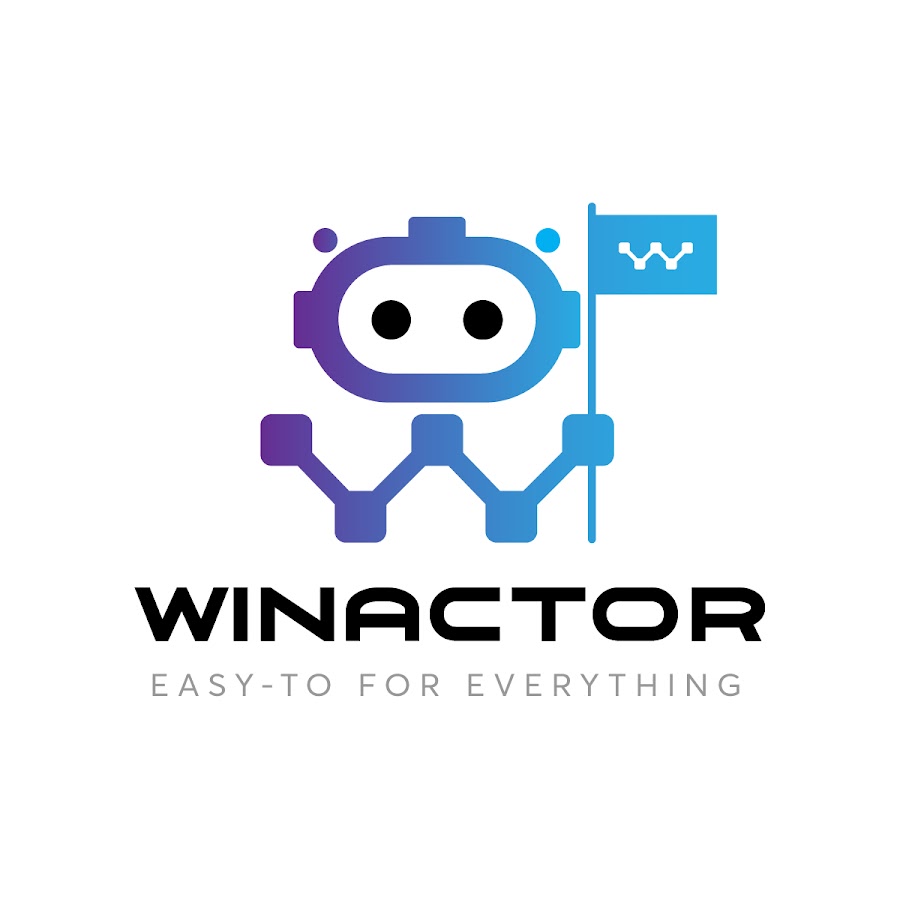
WinActor is an RPA software solution by NTT DATA Corporation to help businesses master technology, create breakthroughs in the digital age 4.0.



